History of MHP Salud and Community Health Workers
MHP Salud has supported underserved Latino communities with Community Health Worker programs for over 35 years.
Community Health Workers (CHWs), also referred to as Promotores/Promotoras de Salud in Spanish-speaking communities, are trusted members of the communities they serve who empower their peers through education and access to health and social resources. CHW programs build on community strengths to help address pressing issues around access to health care, health insurance, proper nutrition, and managing chronic illnesses.
Over the course of our history, we’ve taken lessons learned and best practices to develop programs, resources, and activities that support communities and organizations such as Area Health Education Centers (AHECs), Health Centers, Primary Care Associations, and more across the country.
How did MHP Salud become what it is today? Here is our story.
MHP Salud Today and the Future
Today, MHP Salud proudly builds upon nearly four decades of history implementing CHW programs that have strengthened underserved Hispanic and Latino communities. What began as a vision to improve health and access to care for farmworkers has since expanded to address the health needs of many urban, rural, and isolated communities.
MHP Salud’s initiatives and services now include:
CHW programs that focus on positive health outcomes. In these programs CHWs:
- Provide outreach, education, case management, and application assistance for social services. Initiatives under our Health Outcomes program help individuals adopt healthy habits like increased fruit and vegetable consumption and increased physical activity
- Bring health education into communities through door-to-door outreach and distribution of materials at health fairs and other community-based activities
- Address maternal and child health, sexual health, and intimate partner violence
- Provide prevention and management services for chronic conditions such as diabetes and cancer
Training and consulting that:
- Is tailored to an organization’s specific needs and populations served so they can implement their own effective CHW programs
- Helps plan, implement, or evaluate new and existing CHW programs
- Provides technical assistance for CHWs and organizations to discover new resources and share relevant information that reflects new standards and needs within the CHW profession. Additionally, technical assistance and webinars are offered through our Management Based Objective program
Promotion of the CHW profession which includes:
- Creating resources and lending our experience to organizations that have or are looking to start CHW programs
- Utilizing extensive data on outcomes-driven and cost-effective programs to help yield a positive return on investment from CHW-led initiatives
- Offering resources to promote the career of CHWs such as our CHW Career Web
Additionally, we have developed a comprehensive Resource Portfolio accessible online through our website. There you will find free resources such as program manuals and brochures on many health topics. There are a variety of resources in both English and Spanish that were built to serve CHWs and their programs. Although these resources were designed using our years of experience serving Latino and Hispanic communities, they can be adapted to suit the needs of any underserved population.
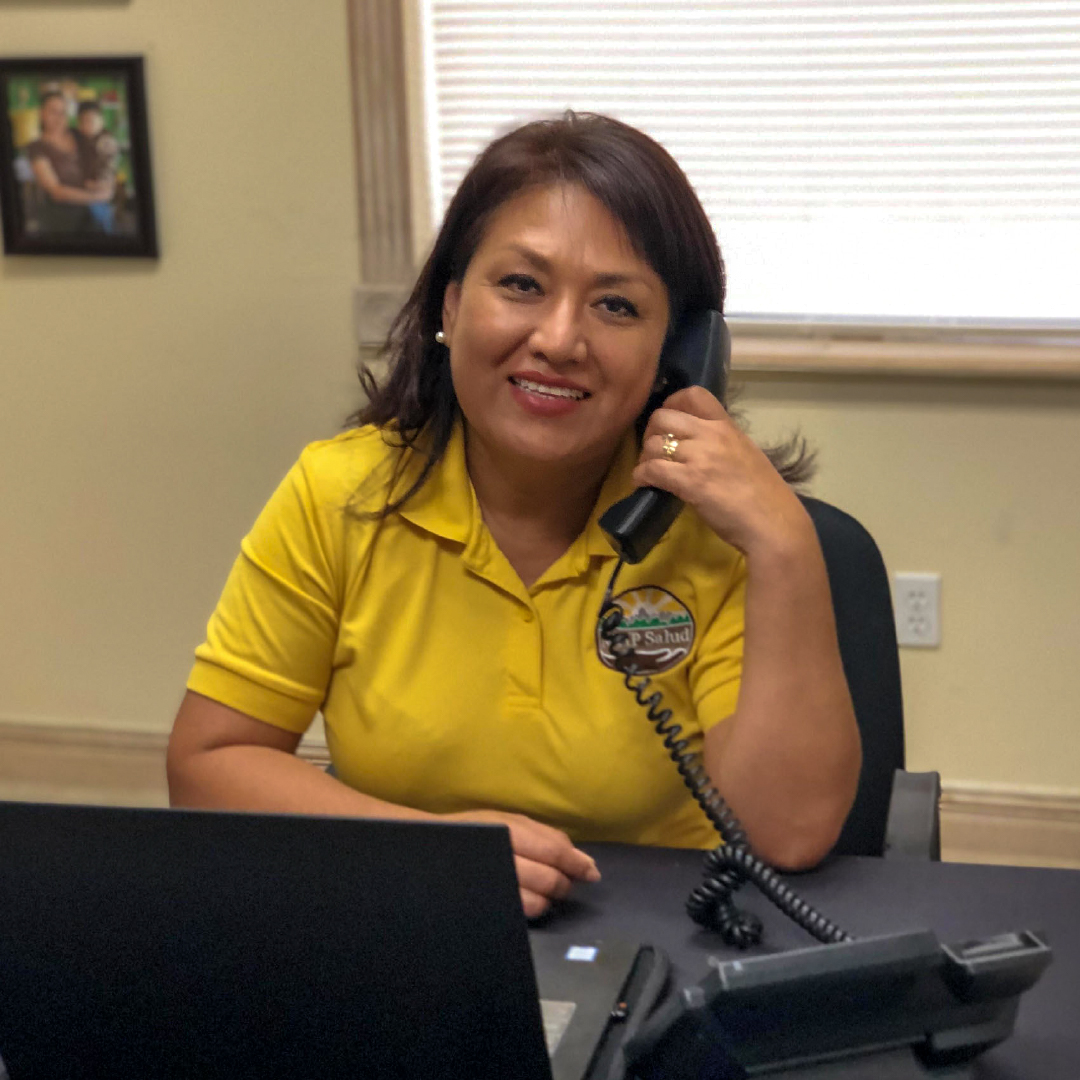
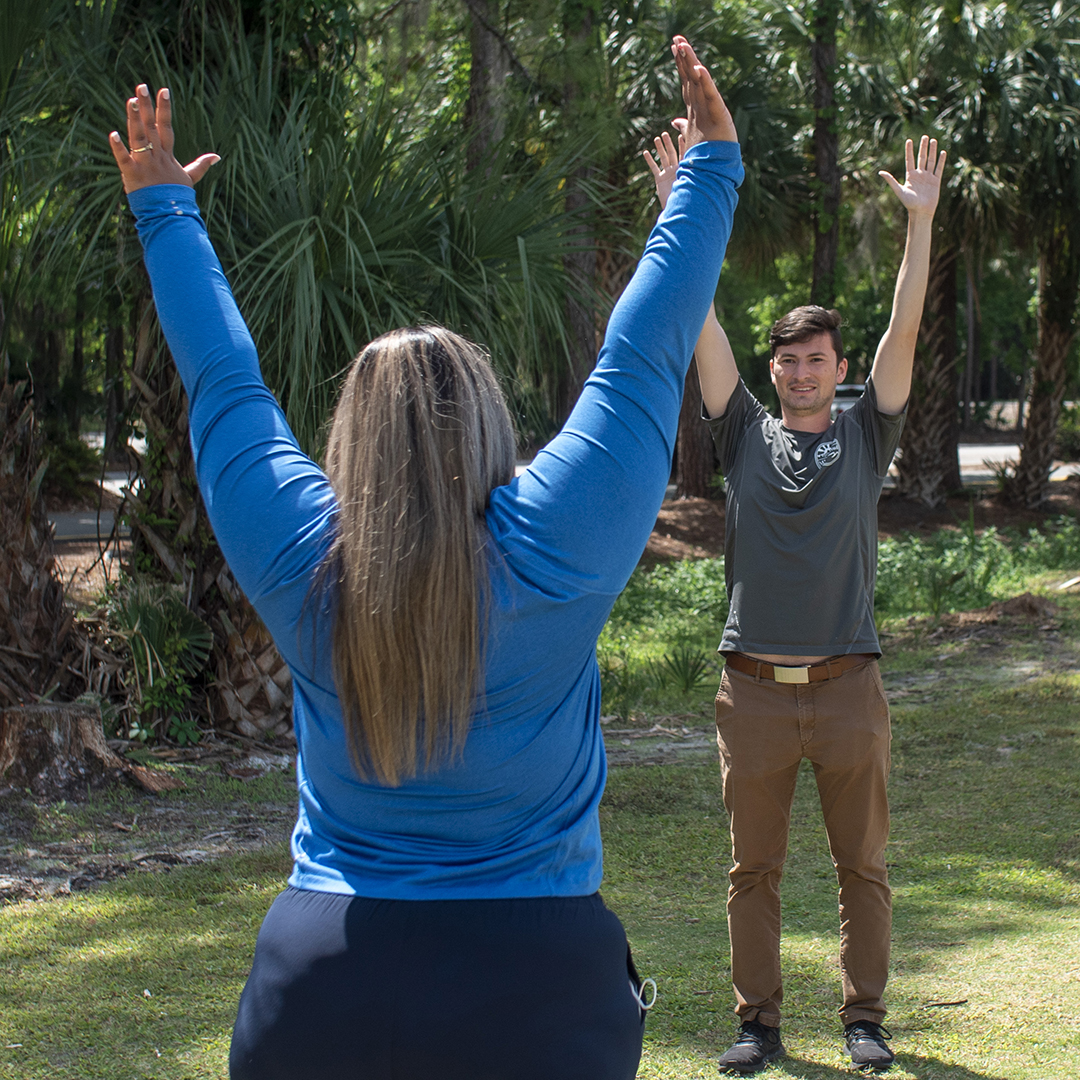
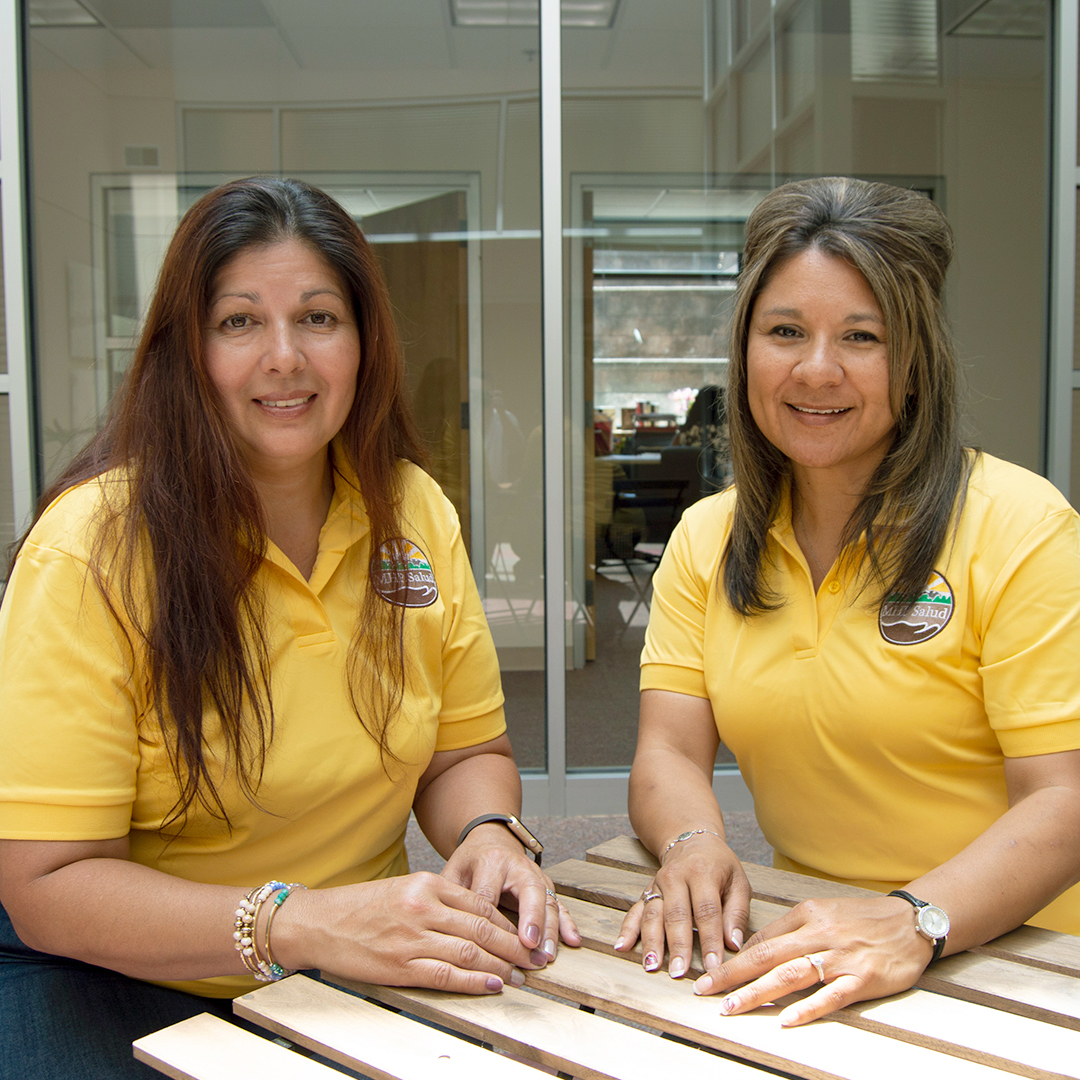
Expanding and Refining Successful Program Models: 1993-2013
During the period between 1993 and 2013, MHP Salud developed several adaptations of the original Camp Health Aide Program model to build on community strengths and meet emerging complex health needs. These programs included:
- Teen health (Infórmate Teen Health Program)
- Substance abuse, mental and behavioral health (Salud Para Todos Program, Nuevas Avenidas Program)
- Prenatal care, childbirth, and postpartum support (Farmworker Doula Program)
In 2013, our organization adopted its new name, MHP Salud. “MHP” pays tribute to the origins of the organization’s old name “Migrant Health Promotion” while Salud represents the organization’s expanded commitment to also serve rural, urban, border, and other underserved Latino and Hispanic communities throughout the United States with CHWs programs.
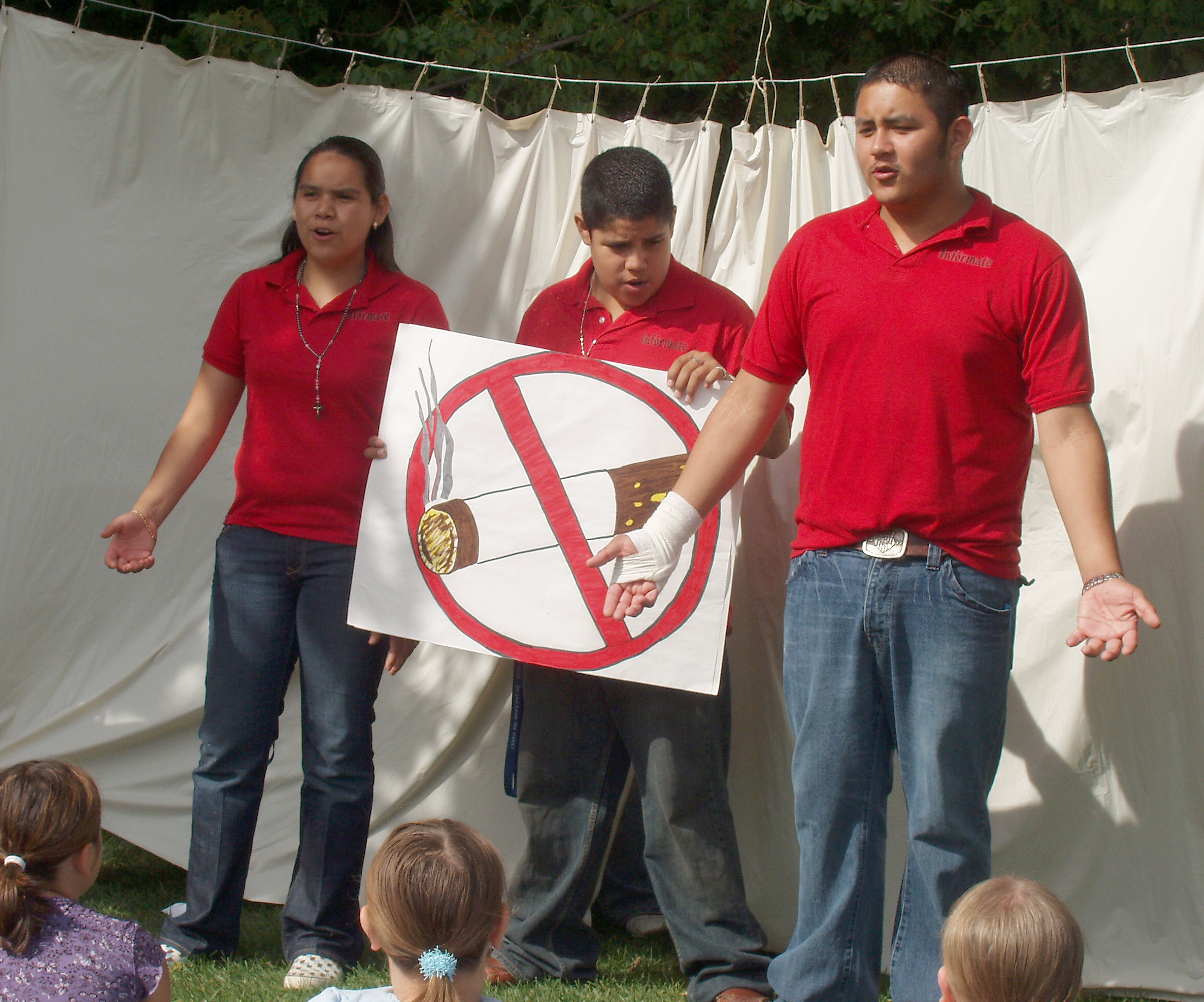
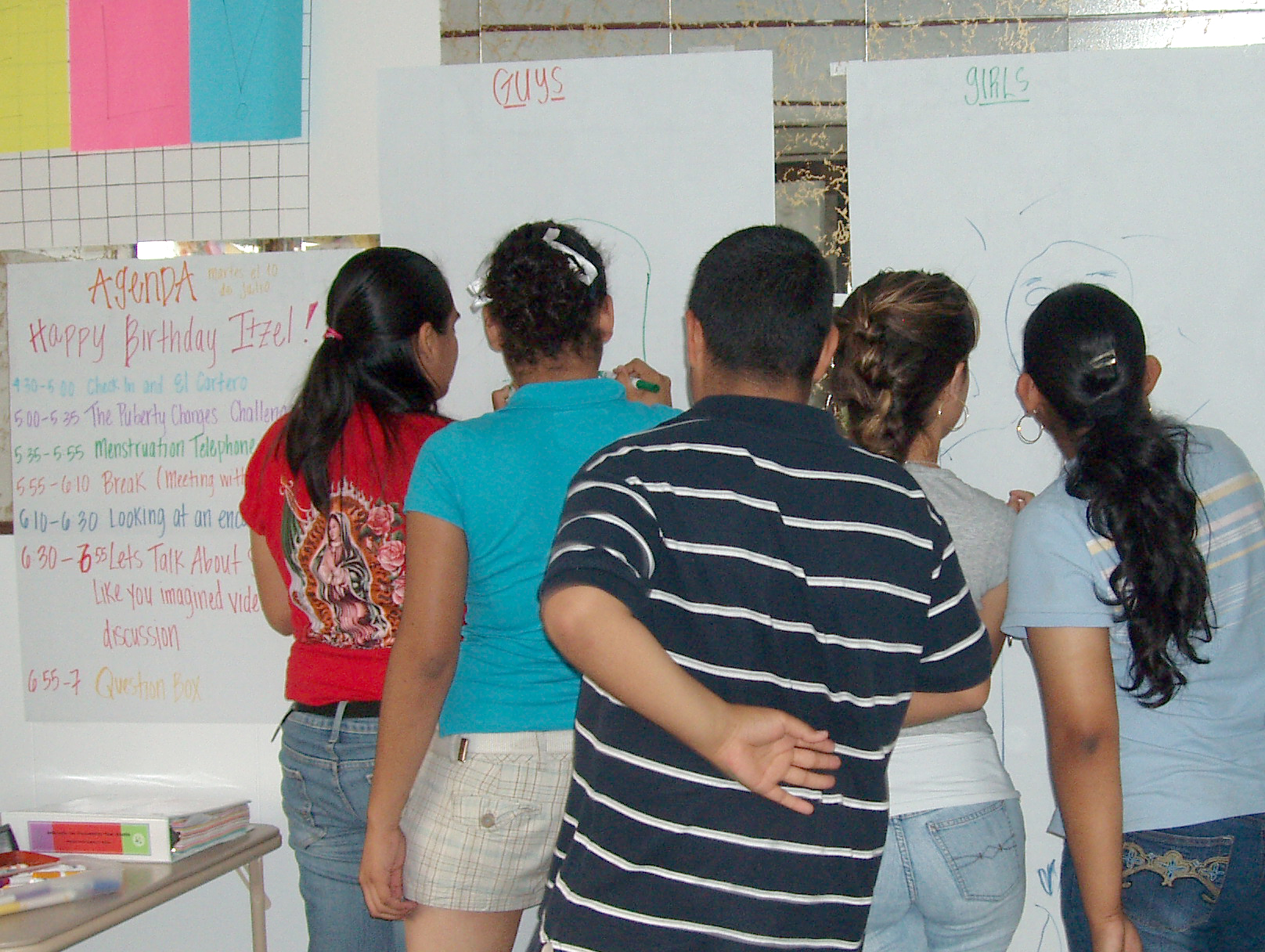
Establishing Border Programs in the Rio Grande Valley: 1987-1993
During this period, experienced Promotores and Promotoras from the Midwest invited MHP Salud to develop programs in their permanent home base in South Texas to serve the United States-Mexico border region. In 1987, MHP Salud offered its first programs in the Rio Grande Valley of Texas.
Then in 1993, an office location in Relampago, Texas was opened to establish and maintain Colonia Health Worker Programs. The office was moved to nearby Weslaco, Texas later in 2008. Promotores(as) participated in advanced training, provided peer education and support at understaffed healthcare organizations, and conducted outreach in isolated border communities and colonias.
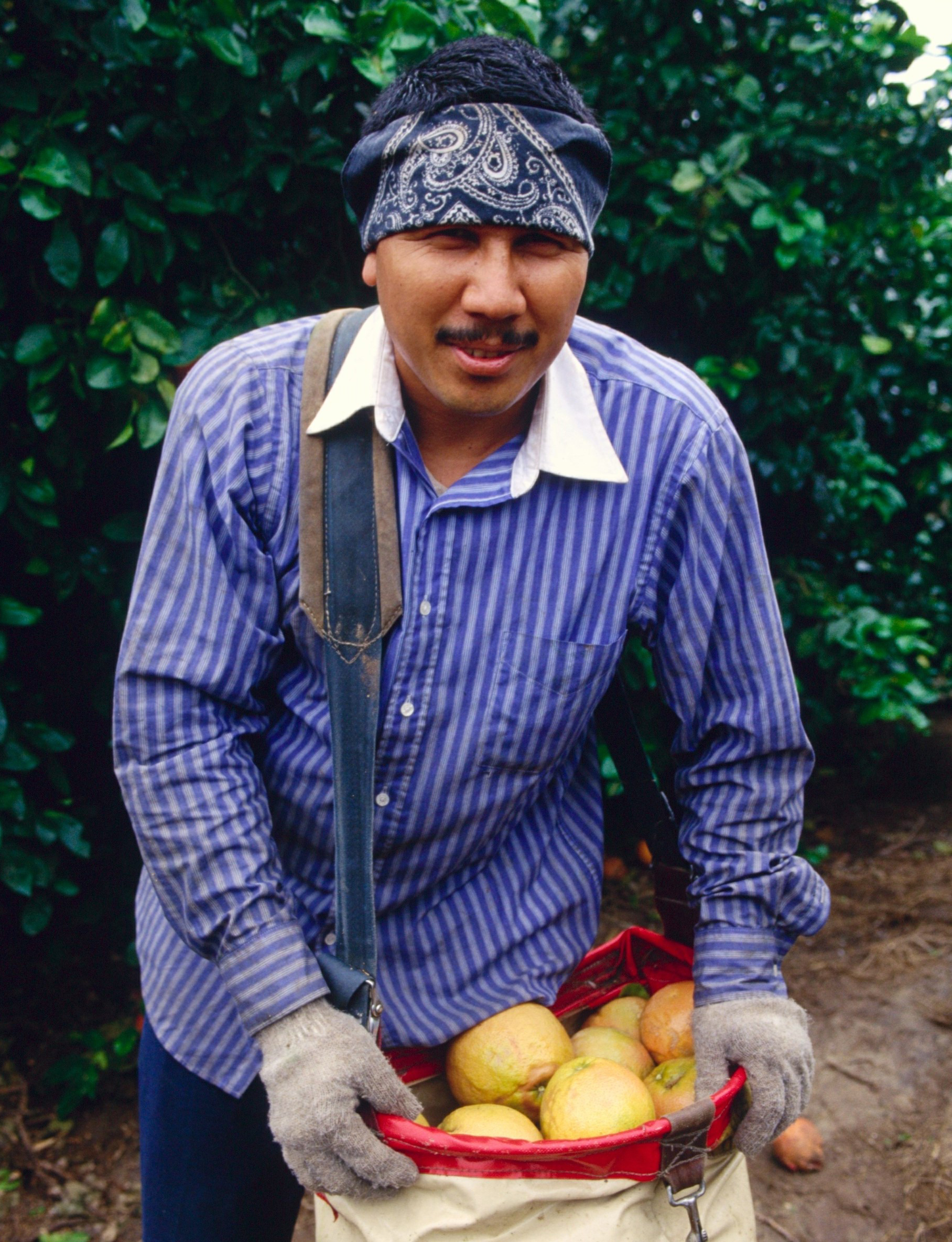
Launching the First Camp Health Aide Programs: 1985-1987
The first Camp Health Aide Program in MHP Salud’s history began in Bangor, Michigan in 1985. Based on David Werner’s Village Health Worker model in which an individual is entrusted to provide community members health services or health training, the Camp Health Aide Program was tailored to the unique needs and strengths of the Latino farmworker community. Once the program was established, ongoing consultation, materials, and other assistance was provided. The success of the Camp Health Aide Program led to additional programs throughout the Midwest region and resulted in the Community Health Worker model being utilized in all MHP Salud’s future health initiatives.
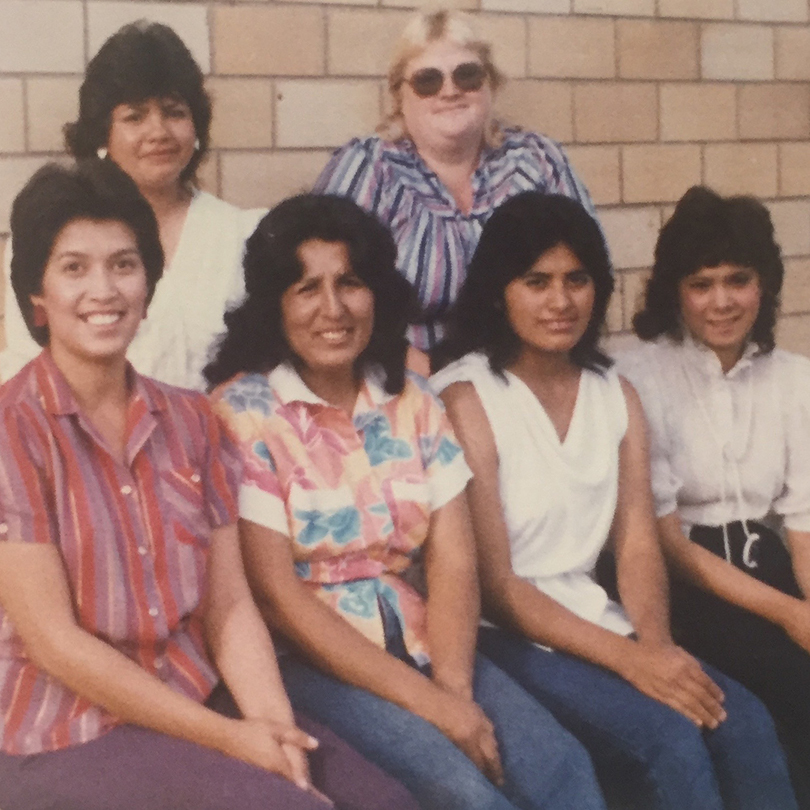
Creating a History of Community-Based Response: 1983-1985
In 1983, The National Migrant Worker Council, Inc., an association of Catholic sisters, religious leaders, and volunteers formed a vision: Through collaboration and resource sharing, develop innovative health promotion programs to improve health and access to care for farmworkers and their rural communities. With a small grant from the United States Department of Health and Human Services, the Council conducted a community assessment with farmworkers in the Midwest and designed the original Migrant Health Services Directory and the Camp Health Aide Program.
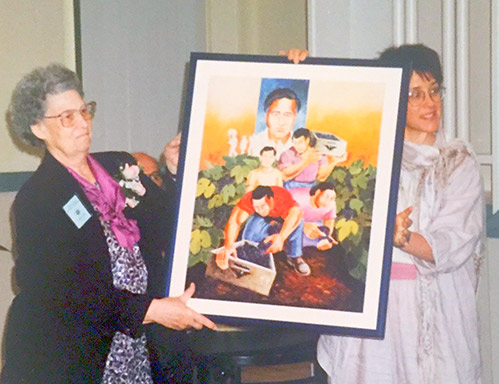
“We [the founders] believed that farmworkers would listen to [their peers] about health care issues. You are always going to have… people working in the fields who feed us. We need to continue to support them to improve their lives. Respect and be grateful for the work that they do and design health promotion programs in holistic ways.”
Sister Maurita Sengelaub, RSM
Sisters of Mercy of the Americas
Farmington Hills, MI and Founding Member of MHP Salud


